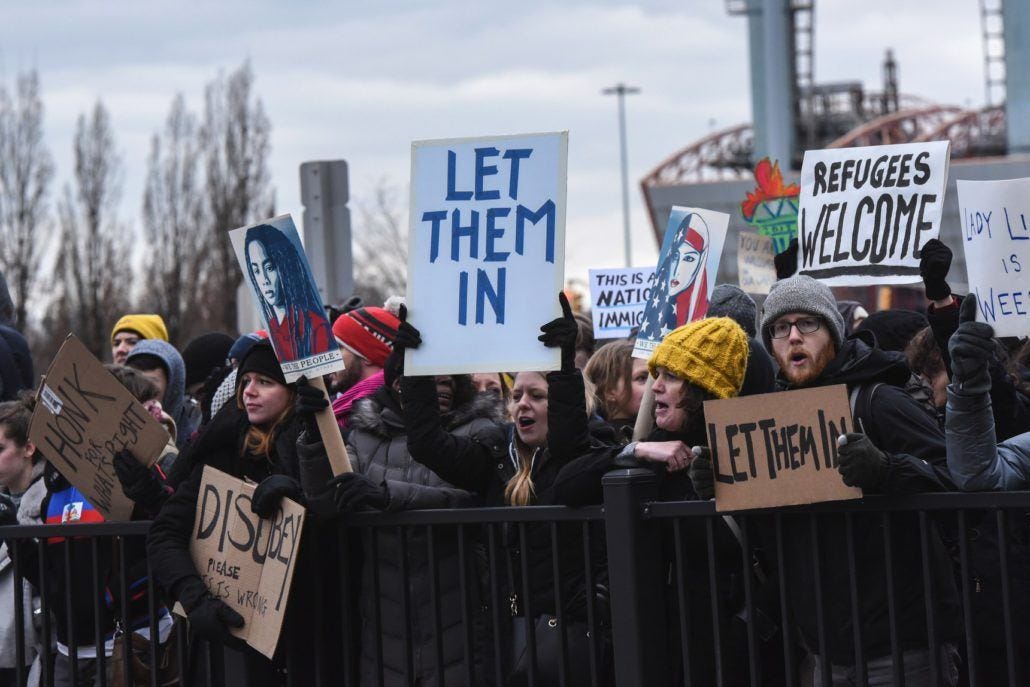No borders; no nations?
My generation will have to decide what a country is for...

Recently a group of students at the Berkeley division of the University of California started rioting in protest against a public speech on campus due to be given by pro-Trump journalist, the provocative and very strange Milo Yiannopoulos of Breitbart News.
He was unable to give his speech and now…
Keep reading with a 7-day free trial
Subscribe to Chris Waldburger to keep reading this post and get 7 days of free access to the full post archives.


